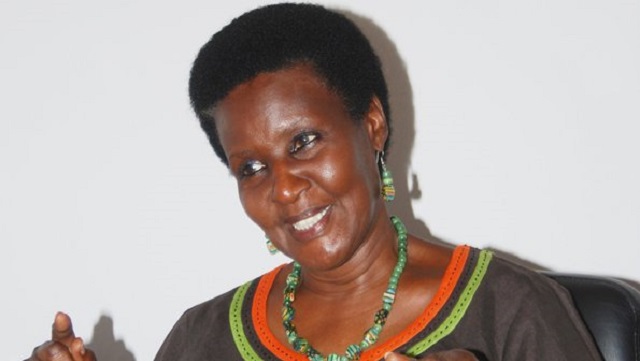
Kampala, Uganda | GODFREY SSALI | Cabinet has approved the ratification of the EAC-COMESA-SADC Tripartite Free Area Agreement (FTA), paving way for the implementation of the Agreement.
In a Cabinet meeting that took place on Friday 4th August 2017, members unanimously agreed that Uganda was ready to start the implementation of the Tripartite FTA which will open up a wider market for Uganda’s products and services in 26 African countries.
The products for export will include agricultural products, sugar, tea, coffee and livestock products.
The Tripartite FTA represents an integrated market of 26 countries with a combined population of 632 million people which is 57% of Africa’s population; and with a total Gross Domestic Product (GDP) of USD$ 1.3 Trillion, contributing 58% of Africa’s GDP.
This is a large area that provides expanded trade opportunities to Uganda’s Private Sector.
Appearing before Cabinet, Trade Minister Amelia Kyambadde said during the recent Tripartite FTA meeting that took place in Kampala in July 2017, the three regional blocs (EAC-COMESA-SADC) finalized and the adopted the remaining annexes on the Rules of Origin, Trade Remedies and Dispute Settlement, thus producing a full Tripartite Agreement.
During the same meeting, South Africa signed the Tripartite Agreement, bringing the total number of countries that have signed to 19 out of 26.
“Now that the Republic of South Africa has signed the agreement and is in the process of ratifying it, we see no reason not to ratify” said Kyambadde.
Kyambadde says Uganda stands to benefit greatly from the Tripartite FTA given the fact that Uganda’s biggest export market is in the region, which accounts for about 56.1%, and is instrumental in the country’s drive for product and market diversification.
She allayed the fears from Ministry of Finance that by Uganda opening up her borders in a Free Trade Area arrangement; it would affect the revenue collection by Government, now that imports from the three regional economic blocs (EAC-COMESA-SADC) will be entering Uganda duty free.
Kyambadde explains that by joining a regional integration arrangement, you accept to trade off some revenue losses with the benefits of regional integration, which arise from a bigger market created.
“The focus in regional integration should not be on revenue losses, but on how to maximize the benefits that accrue from bigger market access”, explained Kyambadde.
 The Independent Uganda: You get the Truth we Pay the Price
The Independent Uganda: You get the Truth we Pay the Price




Excellent